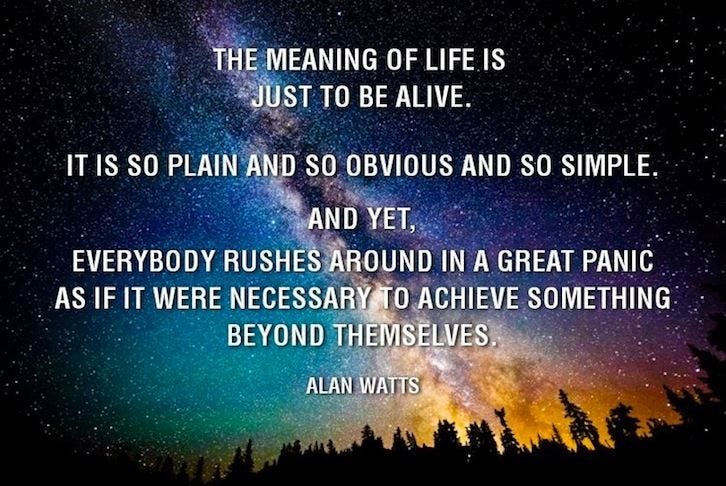To define a word is to make it finite. I’d prefer to say that words have meaning, but the meaning can vary according to situation and individual perception. Words, like individuals, may have infinite possibilities. Nothing’s “finite” in an infinite universe.
To illustrate, I’ve identified as libertarian for nearly 20 years. It started as voting for the Libertarian Party in protest of the sheer cruelty of the Democratic and Republican parties, particularly their War on Drugs.
The word “libertarian” means different things to different people. For some, it’s a bundle of policy prescriptions they recommend. For others, it’s moral code. Some call themselves libertarian because they’re “fiscally conservative, socially liberal.” Others associate libertarianism with the Zero Aggression Principle (ZAP): Don’t threaten or initiate force.
I agree with the ZAP, but some self-described libertarians don’t think it’s practical as politics or policy, and prefer a utilitarian approach. In any case, from the specifics of policy reform to the strategies informing political coalitions, no two libertarians will agree on everything. No two people ever think exactly alike.
I think there is, however, one broad statement that can bring all libertarians to agreement. It’s from Lord Acton. I’m not talking about his most famous line, “Power tends to corrupt, and absolute power corrupts absolutely.” Libertarians certainly agree with that, and take it to heart more than most, but many non-libertarians are also capable of grasping the obvious. I’m referring, instead, to this: “Liberty is not a means to a higher political end. It is itself the highest political end.”

To say that liberty is the highest political end means we aren’t here to live in service to the political order, but rather that the political order exists for our liberty. And liberty isn’t the end-in-itself, but a means to life’s highest end.
But what is that?
Acton, a devout Roman Catholic of 19th-Century Anglican England, viewed liberty in terms of duty.
Liberty is not the power of doing what we like, but the right of being able to do what we ought.Liberty enables us to do our duty unhindered by the state, by society, by ignorance and error. We are free in proportion as we are safe from these impediments…
That “duty” is unique to each individual according to her gifts, which is exactly why liberty is necessary.
But what is that duty? Why are we here? What is my purpose?
What is the meaning of life???
And why shouldn’t doing as we like be the same as our “duty?”
I like what the 20th-century philosopher Alan Watts said:
“The meaning of life is just to be alive. It is so plain and so obvious and so simple. And yet, everybody rushes around in a great panic as if it were necessary to achieve something beyond themselves.”

The quote suggests, Let’s not overthink this. Let’s enjoy ourselves.
I believe it was Robert Ringer, in a book or essay, who described happiness as simply “feeling good.” Watts’ lecture The Spectrum of Love suggests that we love whatever (or whomever) makes us feel good. One could say “I love ice cream” or “I love my spouse” and it’s all the same thing, though of different degree. Loving another person is to feel good being with them, helping them feel good, or, when apart, hoping that they’re feeling good. We also want to feel good ourselves, and feel good about ourselves. That is, we love ourselves.
I’d suggest, then, that love is the end, it means the same thing as happiness, which is the same thing as “the good.” But we each love different things and different people.
That’s why we require liberty: to find that which we love.
James Leroy Wilson writes from Nebraska. Follow him on Facebook and Twitter. If you find value in his articles, your support through Paypal helps keep him going. Permission to reprint is granted with attribution. You may contact him for your writing, editing, and research needs: jamesleroywilson-at-gmail.com.






Arabic Sweets in Dubai
ReplyDeleteDubai Sweets